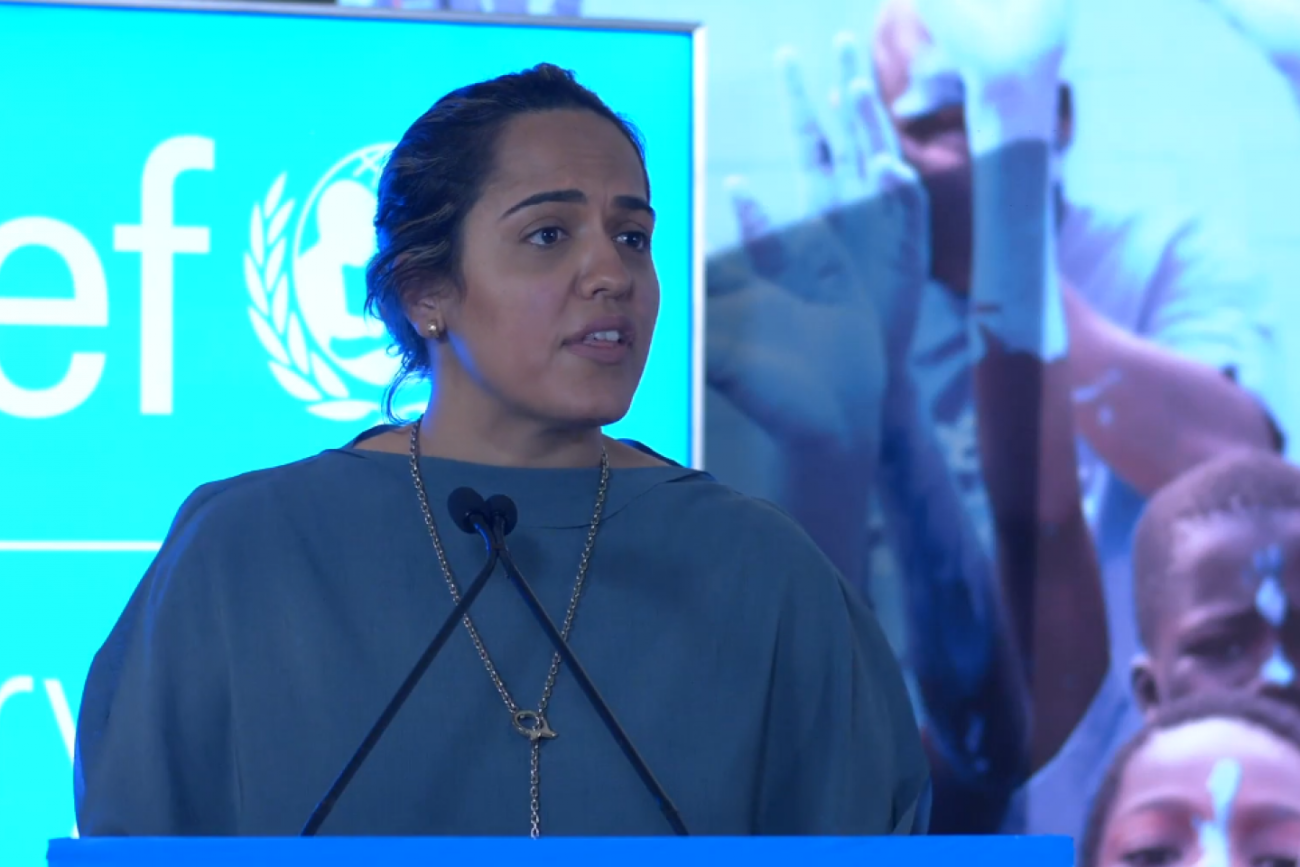Highlighting areas to enhance the justice system.
GABORONE —UNICEF in collaboration with the Ministry Local Government and Rural Development convened stakeholders for the Day of the African commemoration under the theme Access to the Child-Friendly Justice System.
Access to a child-friendly justice system is a pressing challenge in many African countries and requires immediate attention. Children encounter justice systems in various ways including as victims and witnesses, or as parties to a justice process, such as in custody arrangements.
Various stakeholders including the Botswana Police Service, Department of the Social Protection, Department of the Public Prosecutions, Children’s Consultative Forum and a victim of abuse weighed in on the current situation and what steps could be taken to improve justice for children.
The UNICEF Acting Representative a.i. Ms. Sarah Ng’inja proposed child-friendly police stations to enable children to report cases in a more comfortable manner. She pointed out that in India which has rolled out child-friendly police stations has a had an increase in number of reported cases as children feel more comfortable in engaging with police officers and other stakeholders in the justice system. She added that the establishment of child-friendly courts where children do not have to come face to face with perpetrators, is another thing that can be done to promote a child-friendly justice system.
Ms. Goitseone Molefhe from the Department of Public Prosecution put forward an idea of the having children’s cases automatically prioritized in the courts and by social workers.
Honourable Eric Molale, the Minister of Local Government and Rural Development in closing the Day of the African Child commemoration committed to engaging with stakeholders to review existing policies and strengthening mechanisms that would lead to a child-friendly justice system.
The Day of the African Child is celebrated on June 16 in recognition of the day when, in 1976, thousands of black school children in Soweto, South Africa, took to the streets to protest the inferior quality of their education and to demand their right to be taught in their own language. Hundreds of young boys and girls were shot; and in the two weeks of protest that followed, more than 100 people were killed and more than 1,000 were injured.
This story was originally published by UNICEF Botswana and can be found here.



